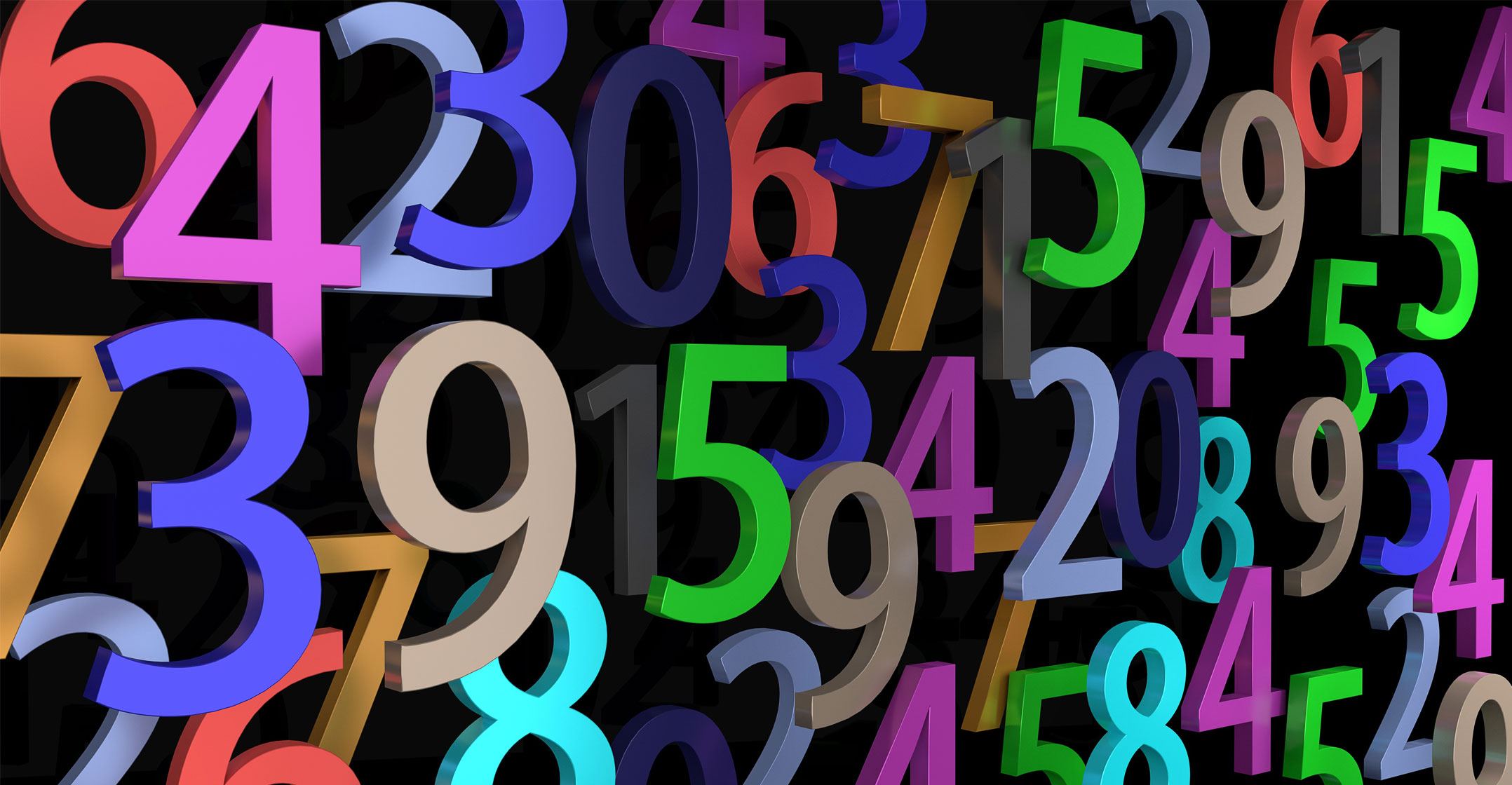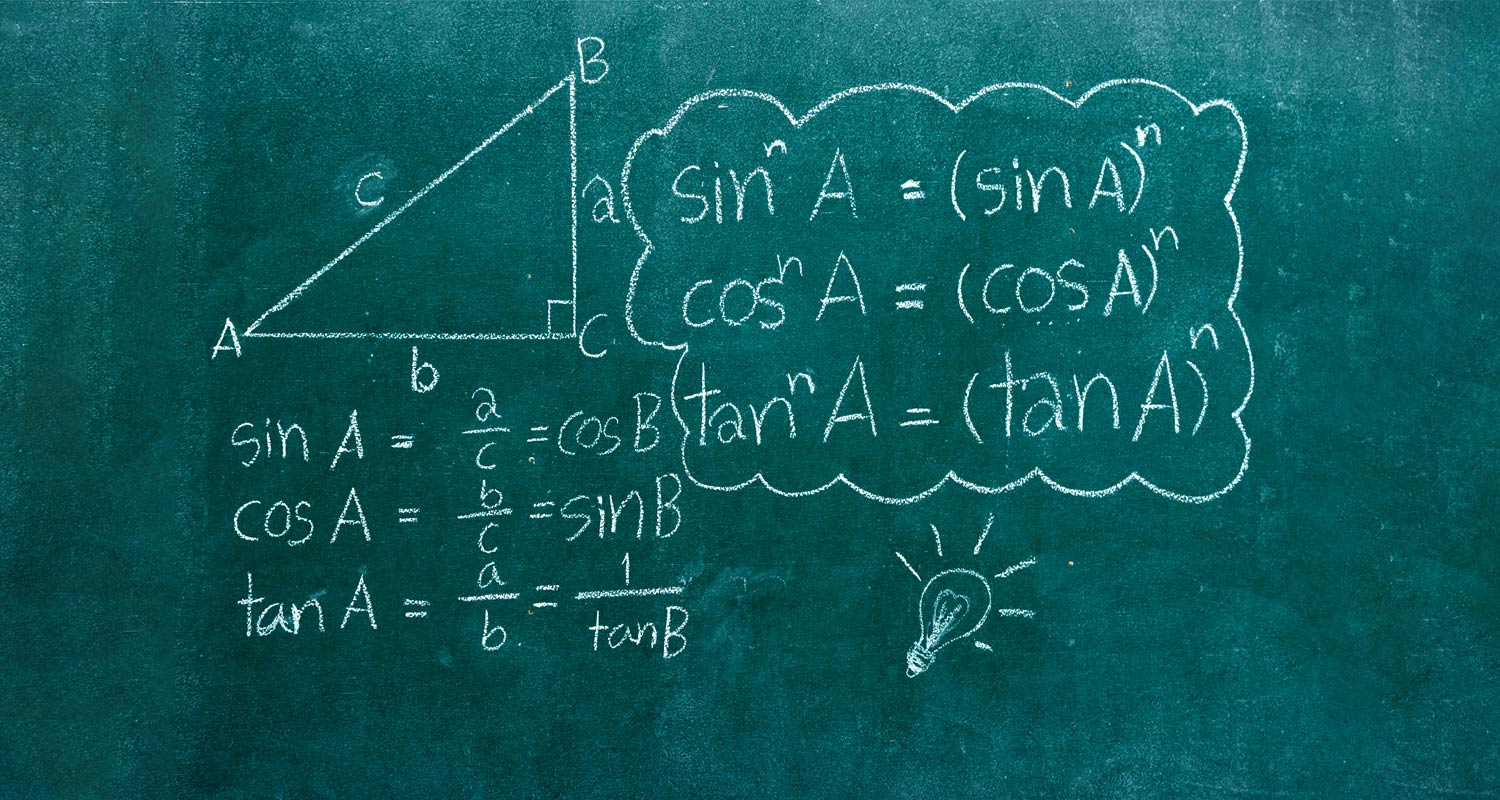 For many years now, the low rate of maths and science passes by those writing the South African National Senior Certificate has been concerning, and pupils continue to score poorly in international mathematics and science tests.
For many years now, the low rate of maths and science passes by those writing the South African National Senior Certificate has been concerning, and pupils continue to score poorly in international mathematics and science tests.
The department of basic education said this week that 572 983 young adults passed their National Senior Certificate (NSC) in 2023, with a pass rate of 82.9% — the highest percentage since 2009.
But University of Johannesburg maths education professor Kakoma Luneta said that although the results this year were pleasing, they should be “taken with a pinch of salt”.
”Certainly, there has been a massive jump in maths results this year, partly because I think we are reaping the benefits of what happened during Covid: children learned to work better on their own at home and became more resilient, and government professional development programmes for teachers on returning to schools for full-time learning helped, so we are reaping those benefits.
“We ought to be excited; but to me it seems there is too big a jump. I still need to see the actual scripts and reports from exam centres for some critical analysis, but I am not fully convinced,” he said.
“In every single maths and science exam in which South Africa has taken part, we have performed dismally. It’s unfortunate and comes back to two things: teacher training and school management. We might get distinctions because candidates have been drilled and coached in after-hours clinics and programmes, but the underlying conceptual understanding is not there, and this is why these students then find courses which require analysis at university level difficult.”
Fewer taking maths
Luneta also said that learning can only take place in well-managed institutions and in many schools in South Africa this is not the case. “Teachers are absent, pupils are absent and there is no accountability. It’s no wonder, then, that our pupils do not fare well,” he said.
The group that passed this year is less than half (47%) the size of the grade 1 class of 2012, when 1 208 973 children began their first year of primary school, according to The Outlier, a data journalism website.
The proportion of the matric class that writes maths has also been decreasing since 2009.
“For the past three years, around a third of learners wrote the NSC maths exams. The tragedy is that in 2021 and 2022, 80% of them did not pass the subject with 50% or more. Even fewer got the 60% needed to get into a science, technology or engineering degree. In 2021, for example, 13% (34 451 learners) got 60% or more for maths.
Read: Poor maths, science education hampering innovation in SA: report
The low number of pupils taking maths puts a damper on the government’s plan to have 450 000 learners eligible to study maths and science at university by 2030.
“In 2023, only 262 016 learners wrote maths, which is about 1 500 more than 2022, but a lot of work will need to be done in the next seven years to meet the target. In 2023, a mere 6% of the entire matric class passed maths with 60%,” The Outlier found.
 Even for those who passed maths and were admitted to maths, science, accounting or engineering degrees, there was still a significant gap between high school and university mathematics for science and engineering students in South Africa, with learners entering institutions of higher education unprepared.
Even for those who passed maths and were admitted to maths, science, accounting or engineering degrees, there was still a significant gap between high school and university mathematics for science and engineering students in South Africa, with learners entering institutions of higher education unprepared.
This was one of the crucial findings of a research study presented last year by the Universities South Africa’s Teaching and Learning of Mathematics Community of Practice.
The brief was to explore the current South African high school maths curriculum and the NSC exam reports of the past five years to help university maths support programmes and bridging courses address the school-to-university transition.
Frikkie George, lecturer at the Fundani Centre for Higher Education Development at the Cape Peninsula University of Technology, said that while calculus and trigonometry are being taught in schools, the level of difficulty in the concepts and skills being taught differ.
The research showed that the under-preparedness of learners resulted in a high failure rate for first-year university maths students enrolled in engineering and science programmes across South African universities.
Another member of the research team with George, Ekaterina Rzyankina, said there is still a curriculum gap between high school and university mathematics that makes the transition from high school to university difficult. This results in high failure and attrition rates.
“If many students take longer to graduate, it means we are spending more to produce one graduate, which leaves no room to admit new students into mathematics programmes. Worse still, when students drop out of university, the money invested will never be recovered,” Rzyankina said.
The real pass rate
She added that low throughput rates suggest that the country will continue to have a scarcity of qualified people in the critical skills areas of the economy, adding to the unemployment rate.
Meanwhile, the Democratic Alliance – while congratulating the 2023 matrics, “most of whom had to overcome great challenges in order to reach this achievement” – has disputed the basic education department’s pass rate of 82.9%.
“The real matric pass rate is only 55.3%, an increase from last year’s 54.6%,” said DA MP Bax Nodada.
“The real matric pass rate is calculated by bringing into account the number of learners that dropped out and never made it to matric. While some learners pursue their matric through technical and vocational education and training (TVET) after grade 9, a large number drops out completely.
 “To bring the TVET learners into account, the DA calculates the real matric pass rate from the grade 10 cohort that ought to have completed matric. Some 345 626 learners dropped out between grade 10 in 2021 and grade 12 in 2023,” Nodada said. — (c) 2024 NewsCentral Media
“To bring the TVET learners into account, the DA calculates the real matric pass rate from the grade 10 cohort that ought to have completed matric. Some 345 626 learners dropped out between grade 10 in 2021 and grade 12 in 2023,” Nodada said. — (c) 2024 NewsCentral Media

